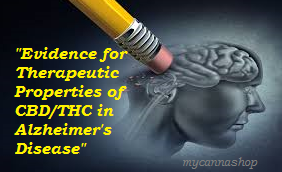Israeli researchers have started pre-clinical studies to examine the impact of medical cannabis in the treatment of endometriosis, a medical problem that affects one in 10 women of childbearing age.
The research is led by Gynica, which is licensed by the Health Ministry to develop cannabis-based products for women, in cooperation with Lumir Lab, a cannabis research facility in the Biotechnology Park, Hadassah Ein Karem, Jerusalem.
Endometriosis affects some 176 million women worldwide. In affected women, uterine lining grows outside the uterus, in the fallopian tubes, ovaries and other areas of the abdominal cavity and in the pelvis. These women suffer from severe pain before and during menstruation, bleeding and pain during and after intercourse, dyspepsia and frequent or painful urination.
Anecdotal evidence has shown that women who smoke cannabis find relief from their pain, said Dr. Sari Sagiv, VP of research and development at Gynica. The researchers set out to find out what compounds or combination of compounds of cannabis can potentially address the problem.










